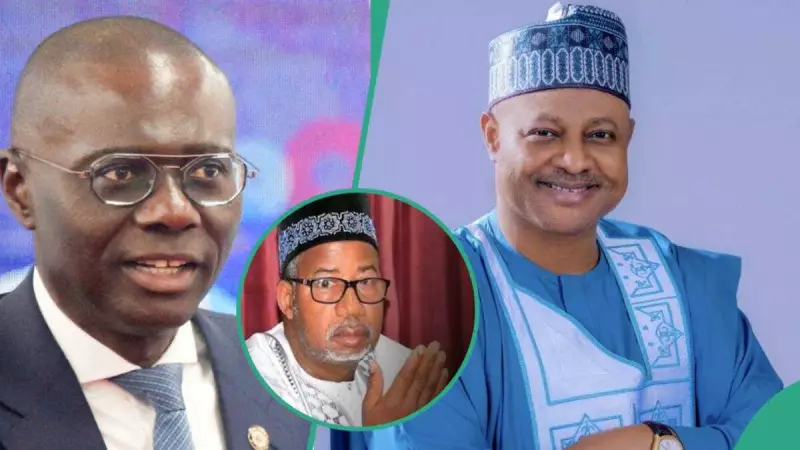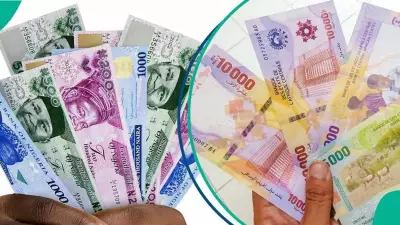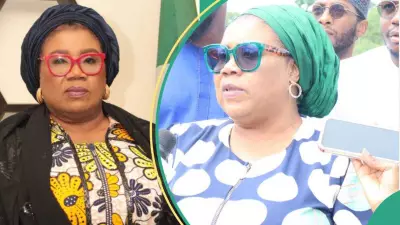
New financial data has exposed a alarming reality for Nigerian citizens as state government debts reach unprecedented levels, placing an increasingly heavy burden on taxpayers across the nation.
The Crushing Weight of State Debts
According to recent reports from Nigeria's Debt Management Office, the combined debt profile of state governments has surged to staggering heights. The situation has become particularly dire in two key states where residents now effectively owe over ₦100,000 per person.
Lagos State, Nigeria's economic powerhouse, leads this worrying trend with its debt burden translating to approximately ₦118,000 for every resident. This massive financial obligation comes despite the state's substantial internally generated revenue.
Meanwhile, Edo State follows closely with citizens carrying an estimated ₦111,000 per person in state government debt. This places enormous pressure on state resources and raises serious questions about fiscal responsibility.
Nationwide Debt Crisis Unfolds
The debt crisis extends beyond these two states, with several others showing concerning debt-to-revenue ratios:
- Multiple states exceeding 300% debt-to-revenue ratio
- Growing concerns about debt sustainability
- Potential impact on essential public services
- Questions about borrowing transparency and accountability
What This Means for Ordinary Nigerians
Economists warn that these escalating debt levels could have severe consequences for citizens:
- Reduced public services as more funds are allocated to debt servicing
- Potential tax increases to meet financial obligations
- Limited infrastructure development due to constrained budgets
- Economic vulnerability during financial downturns
The situation raises urgent questions about fiscal management at the state level and the long-term economic implications for Nigeria's growing population.
Looking Ahead: Solutions and Concerns
Financial experts emphasize the need for:
"Transparent debt management practices and sustainable borrowing strategies that prioritize citizens' welfare while maintaining fiscal responsibility."
As states continue to grapple with revenue challenges and development needs, finding the right balance between necessary borrowing and debt sustainability remains critical for Nigeria's economic future.






